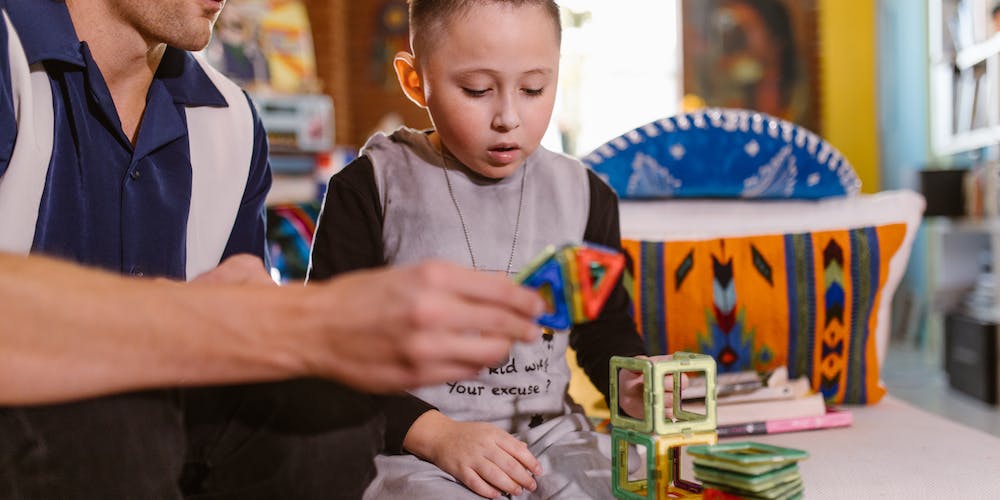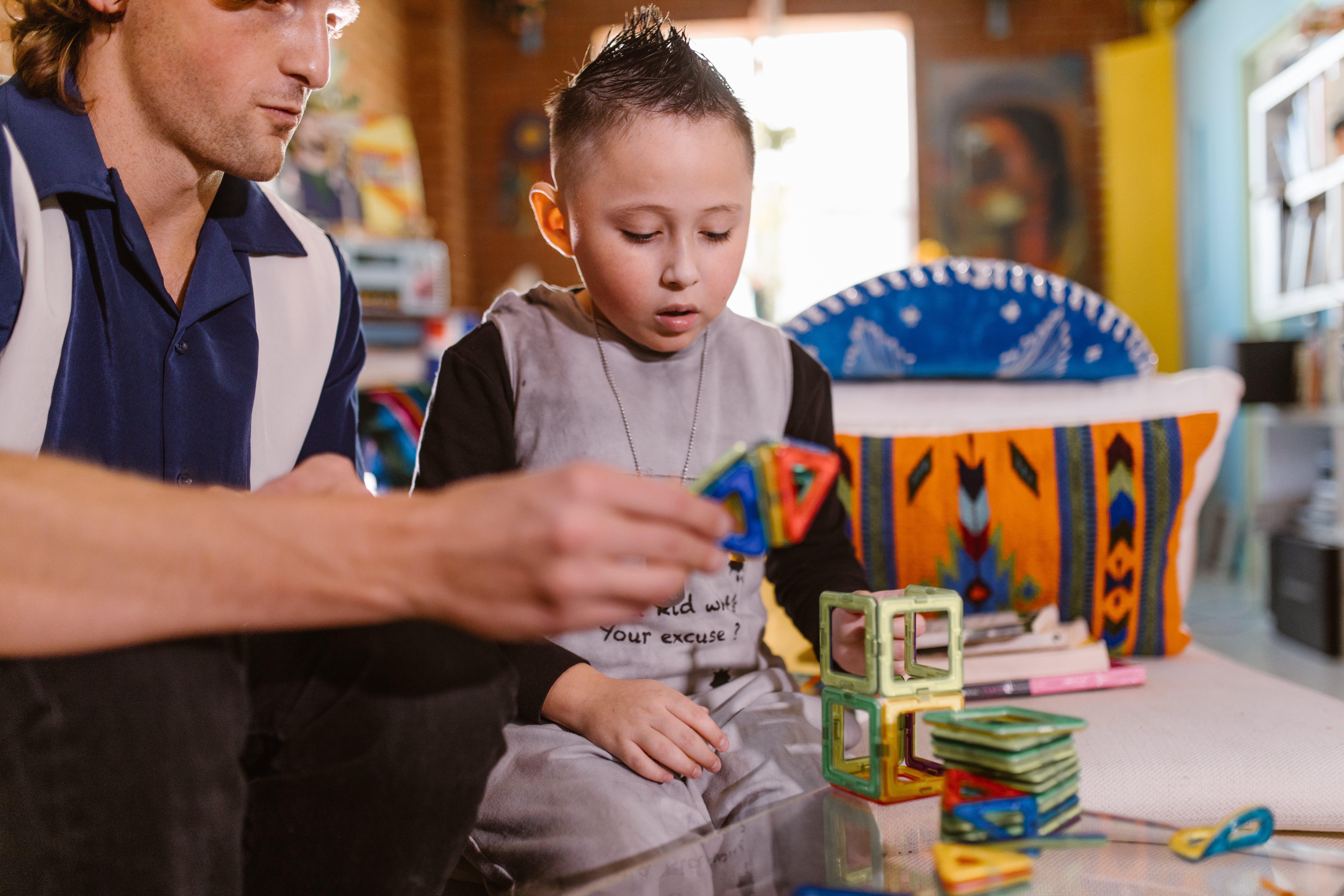
If you’re a parent searching for an educational program that focuses on holistic child development, then you may have heard about Montessori schools. These schools are based on the philosophy of Maria Montessori and provide a unique approach to education that fosters independence, critical thinking skills, and a love for learning. In this guide, we’ll take a deep dive into what Montessori schools are, what sets them apart from traditional schools, and how to choose the right one for your child.
What is a Montessori School?
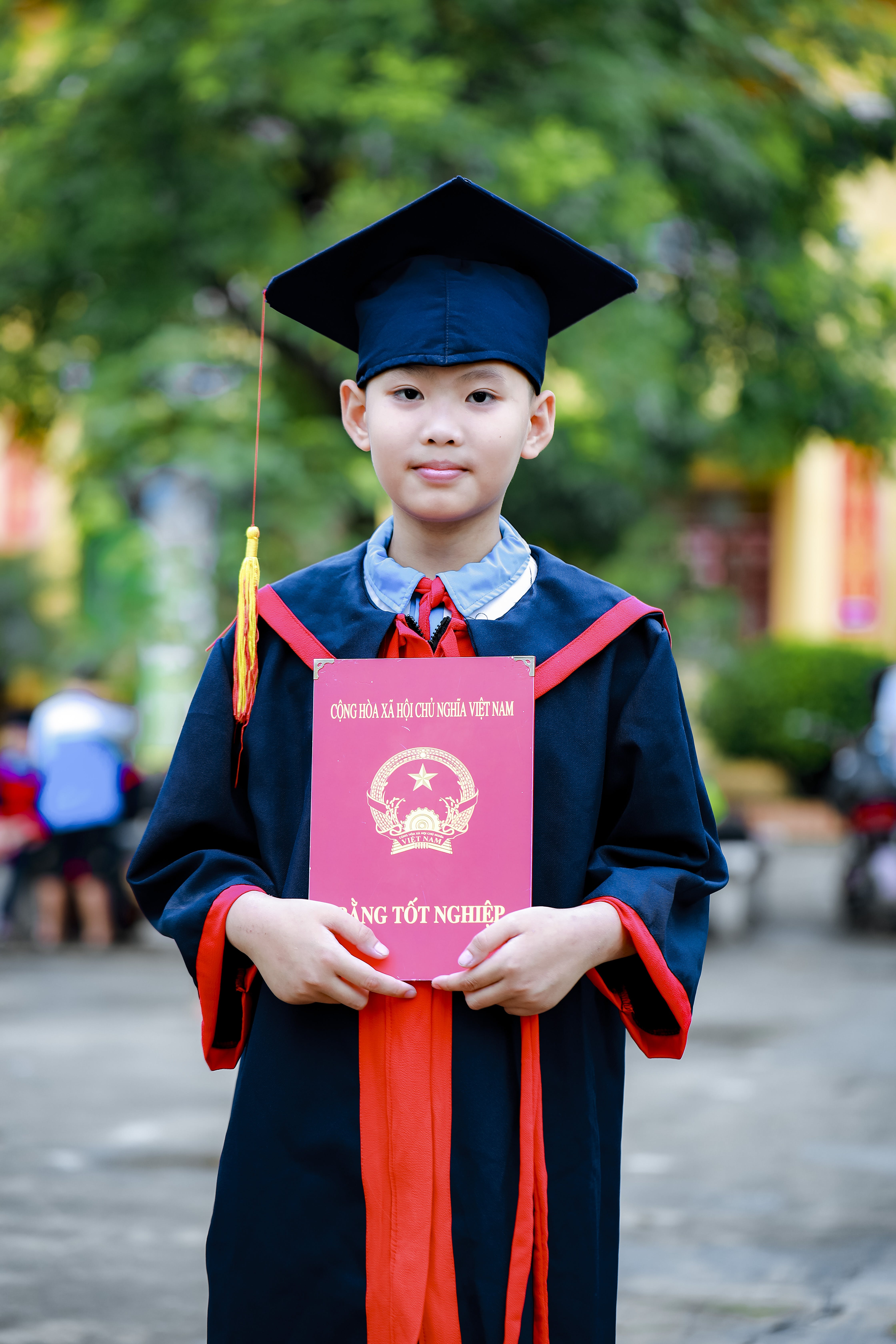
A Montessori school is an educational program that follows the principles of Maria Montessori’s teaching philosophy. This approach emphasizes child-led learning and focuses on creating an environment that nurtures each child’s individual interests and needs. Instead of traditional classroom structures, Montessori schools provide a prepared environment that includes hands-on materials and activities that foster exploration and discovery.
How Does Montessori Education Differ from Traditional Education?
Montessori education differs from traditional education in several key ways:
- Child-led learning: Instead of traditional teacher-led instruction, Montessori education provides a child-led approach where students can learn at their own pace and with their own interests.
- Multi-age classrooms: Montessori classrooms typically group children together in three-year age spans to create a dynamic social atmosphere and allow older children to mentor younger ones.
- Prepared environment: Montessori classrooms are designed with specific materials and activities that encourage self-directed learning and exploration.
- Emphasis on practical life skills: Montessori education emphasizes the importance of practical life skills, such as cooking, cleaning, and caring for themselves and their environment.
Montessori education and traditional education differ in a number of ways, including their philosophy, teaching methods, curriculum, and classroom environment.
Philosophy
Montessori education is based on the philosophy that children are naturally curious and have an innate desire to learn. Children are encouraged to learn at their own pace and in their own way, and teachers act as guides and facilitators rather than instructors. Traditional education, on the other hand, is more teacher-centered and focuses on the transmission of knowledge from teacher to student.
Teaching methods
Montessori classrooms are designed to be hands-on and experiential. Children learn through exploration, play, and discovery. They are free to choose their own activities and work at their own pace. Traditional classrooms, on the other hand, are more structured and lecture-based. Students are typically required to sit at desks and listen to the teacher.
Curriculum
Montessori schools use a holistic curriculum that integrates all areas of learning, including language, math, science, social studies, and the arts. Traditional schools, on the other hand, tend to focus on separate academic subjects.
Classroom environment
Montessori classrooms are typically mixed-age and multi-level. Children of different ages work together and learn from each other. Traditional classrooms, on the other hand, are typically grouped by age and grade level.
Here is a table that summarizes the key differences between Montessori education and traditional education:
| Characteristic | Montessori education | Traditional education |
|---|---|---|
| Philosophy | Child-centered, emphasis on natural learning | Teacher-centered, emphasis on transmission of knowledge |
| Teaching methods | Hands-on, experiential, student-led | Lecture-based, teacher-led |
| Curriculum | Holistic, integrated | Separate academic subjects |
| Classroom environment | Mixed-age, multi-level | Age-grouped, grade-level |
Benefits of Montessori education
Montessori education has been shown to have a number of benefits for children, including:
- Improved academic achievement
- Stronger social and emotional skills
- Greater independence and self-reliance
- A love of learning
Benefits of traditional education
Traditional education also has a number of benefits, including:
- Strong academic foundation
- Preparation for standardized testing
- Development of critical thinking skills
- Exposure to a wide range of subjects
Which type of education is right for your child?
The best type of education for your child will depend on their individual needs and learning style. Montessori education is a good option for children who learn best through hands-on experience and at their own pace. Traditional education is a good option for children who thrive on structure and teacher-led instruction.
It is important to note that there is no one-size-fits-all answer to this question. Some children may thrive in a Montessori environment, while others may do better in a traditional classroom. It is important to visit different schools and talk to teachers to find the best fit for your child.
Benefits of Montessori Education
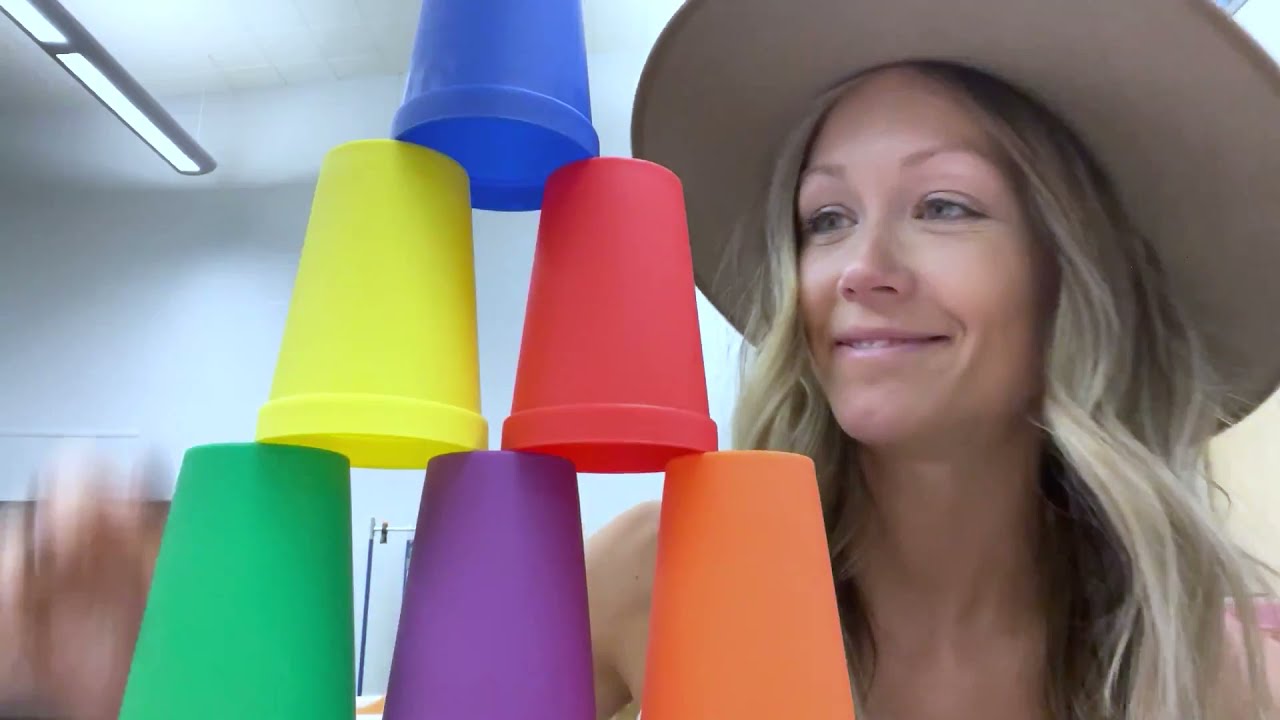
There are many benefits to choosing a Montessori education for your child, including:
- Encourages independence: Montessori education fosters independence by providing children with the tools and resources they need to learn on their own.
- Supports individual learning: Montessori education recognizes that each child is unique and encourages them to learn at their own pace and according to their own interests.
- Develops critical thinking skills: The Montessori approach emphasizes problem-solving skills, creative thinking, and independent thought.
- Nurtures social skills: Multi-age classrooms allow children to learn from and with one another, developing strong social skills and empathy.
- Creates a love for learning: By focusing on the process of learning rather than just the end result, Montessori education instills a love for learning that lasts a lifetime.
Choosing the Right Montessori School
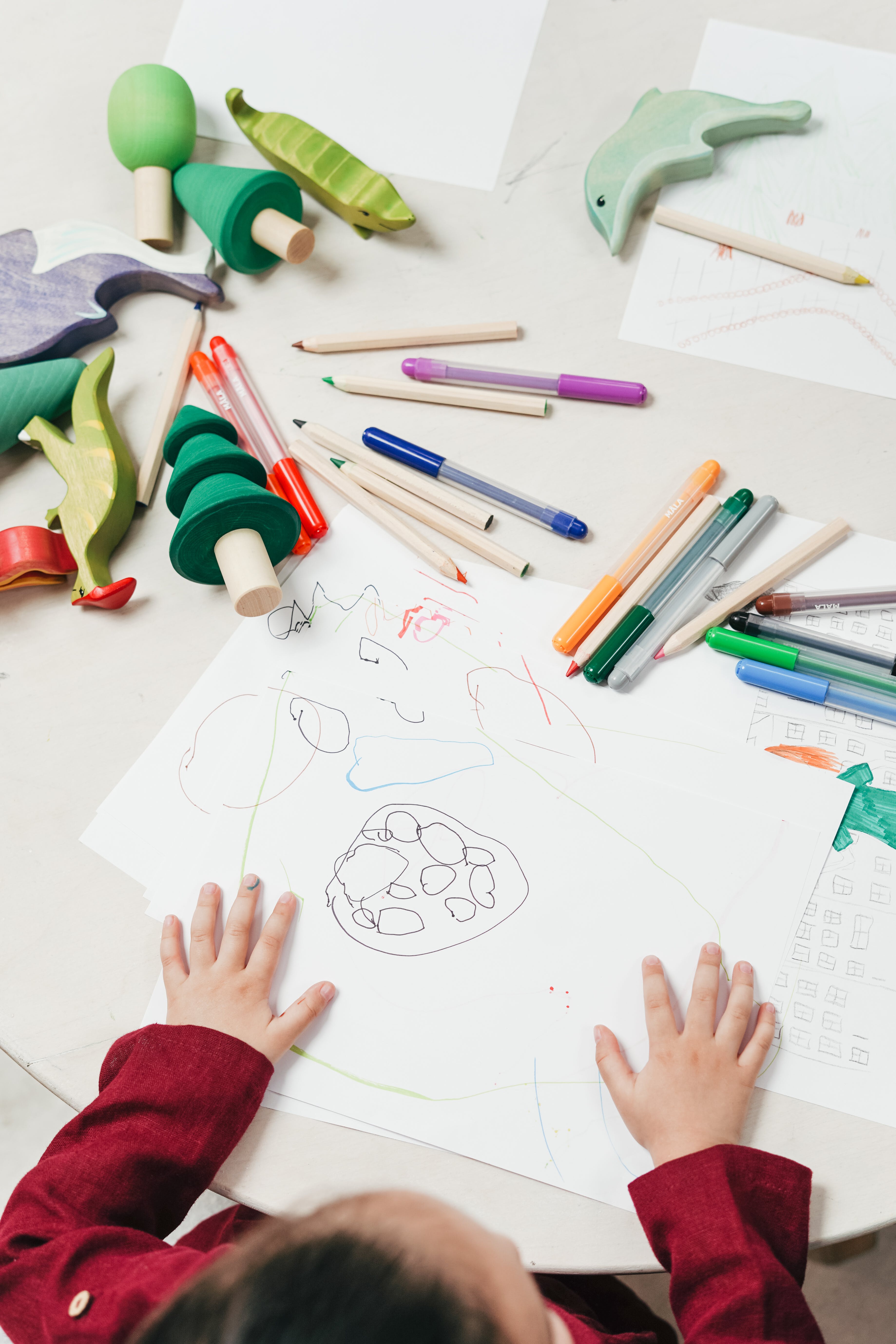
When choosing a Montessori school for your child, there are several things to consider:
- Accreditation: Look for a school that is accredited by recognized Montessori organizations, such as the American Montessori Society or the Association Montessori Internationale.
- Teacher qualifications: Ensure that the teachers at the school have undergone training in Montessori philosophy and methodology.
- Prepared environment: Visit the school and observe the classroom environment. Are there ample materials and activities for the children? Is the space clean and organized?
- Curriculum: Ask about the curriculum and ensure that it aligns with Montessori principles.
- Philosophy: Talk to the school administrators about their philosophy and approach to education. Make sure it aligns with your values and goals for your child.
Frequently Asked Questions
What age group does Montessori education cater to?
Montessori education usually caters to children aged between 2 and 12 years old.
Are Montessori schools expensive?
Montessori schools can be more expensive than traditional schools due to the specialized teacher training and materials required. However, there are many affordable options available.
How can I support my child’s learning at home if they attend a Montessori school?
Support your child’s learning at home by creating an environment that encourages independence, curiosity, and exploration. Provide them with open-ended materials and activities that they can use in their own way.
Do Montessori schools follow a specific curriculum?
Montessori schools do not follow a traditional curriculum. Instead, they provide a prepared environment that fosters self-directed learning and exploration.
Is Montessori education suitable for children with special needs?
Montessori education is suitable for all children, including those with special needs. The individualized, child-led approach can be particularly beneficial for children who require additional support or have learning differences.
Conclusion
Choosing the right educational program for your child is an important decision, and Montessori schools offer a unique approach that emphasizes individuality, creativity, and a love for learning. By considering the factors listed above and doing your research, you can find the perfect Montessori school for your child that will help them reach their full potential.


